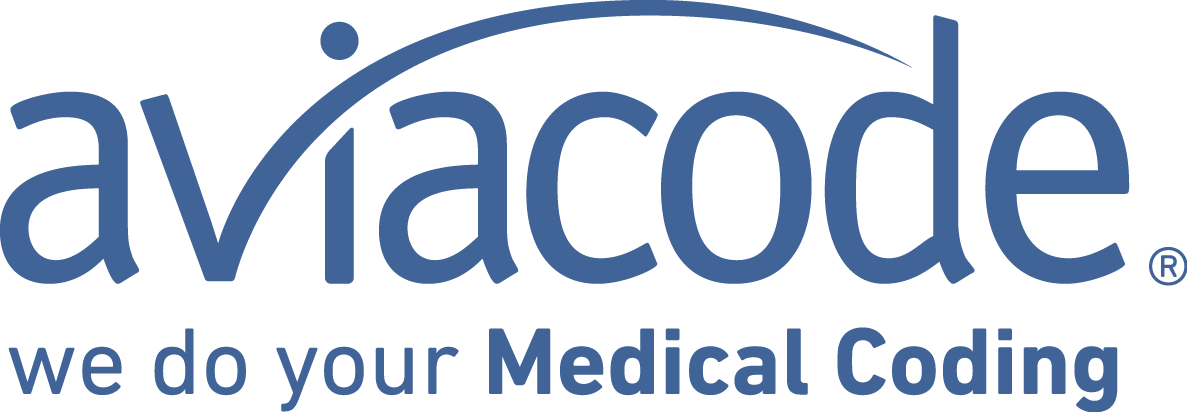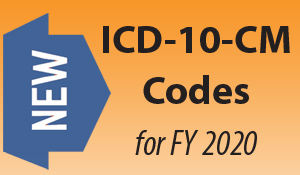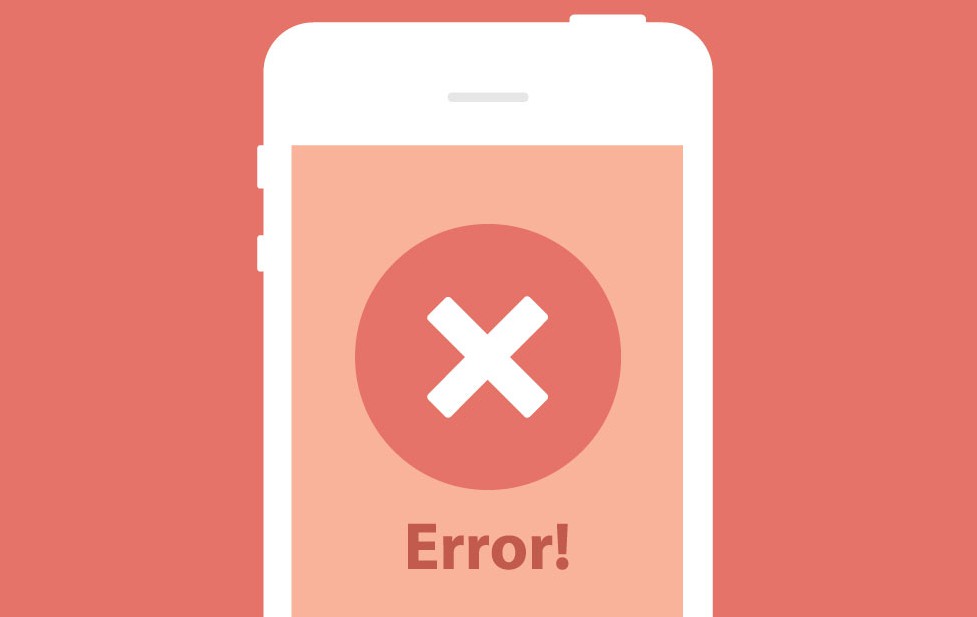For those familiar with the healthcare industry, right now you may be holding your breath as the much anticipated switch from ICD-9 to ICD-10 is only days away. Whether you work with physicians, in a third party billing company, insurance agency or see a future in the healthcare industry, this switch will inevitably effect the way your job is performed. This switch will even change the way one must prepare for a job in medical coding and the industry itself, from education and training, to benefits, work flexibility and market potential. Read on to find out why this is an exciting time to join the medical coding industry and how to land a job post ICD-10 implementation.
Industry Changes & What This Means For You
The switch to ICD-10 means that, unless granted a crossover or extension, all states will be required to process all medical billing and documentation in the new code which increased the volume of codes by 520% or from 13,000 used in ICD-9 to 68,000 total for ICD-10. The bright side is, for those considering a career in medical coding, the switch has many healthcare providers and medical billing companies searching for well-trained and certified coders proficient in ICD-10. The US Bureau of Labor Statistics estimates a shortage of more than 50,000 qualified Health Information Management and Health Information Technology Workers by 2015. Meaning that while some degrees and programs leave you to fend for yourself in competitive, oversaturated job markets, while gaining certification in ICD-10 will leave you with many potential prospects in a secure and growing market.
ICD-10 Training, Certification & Resources












